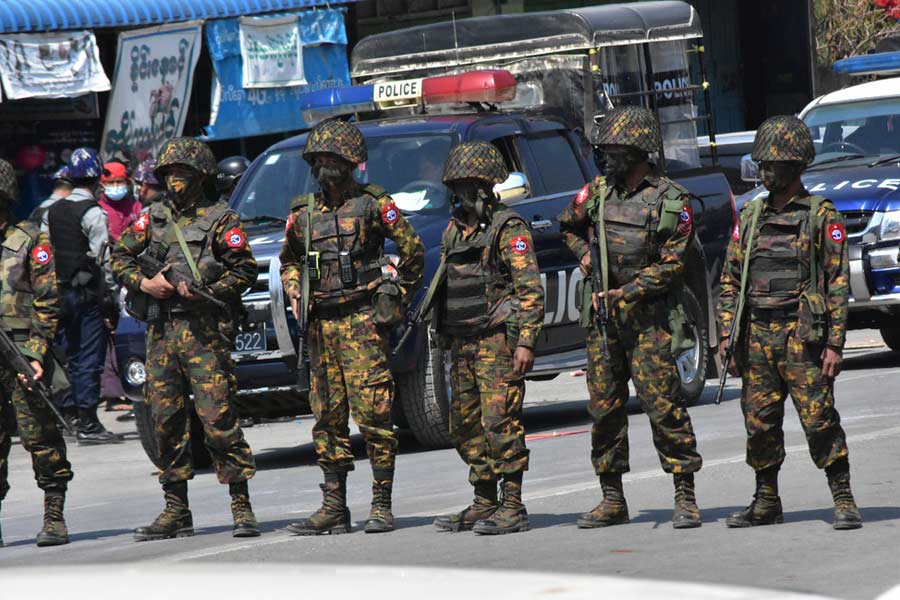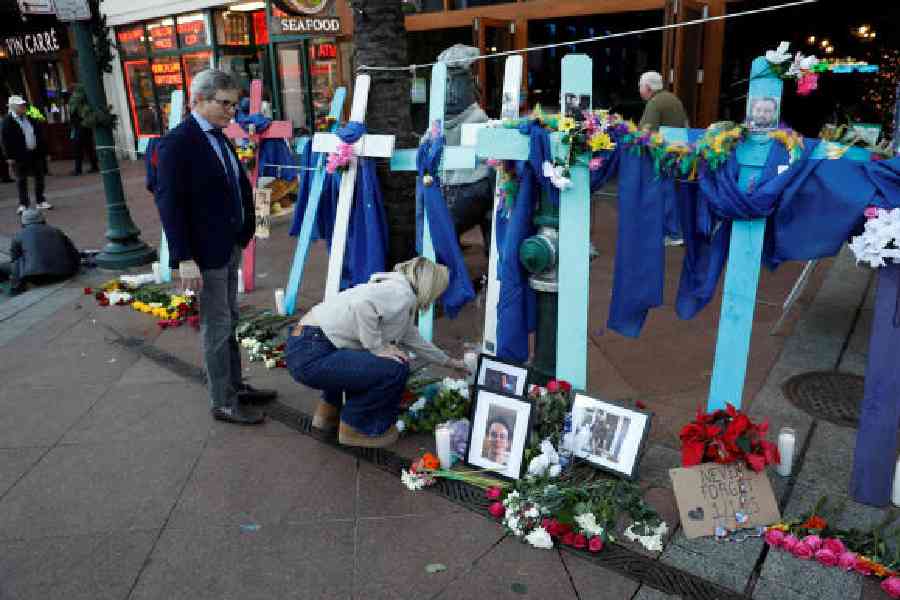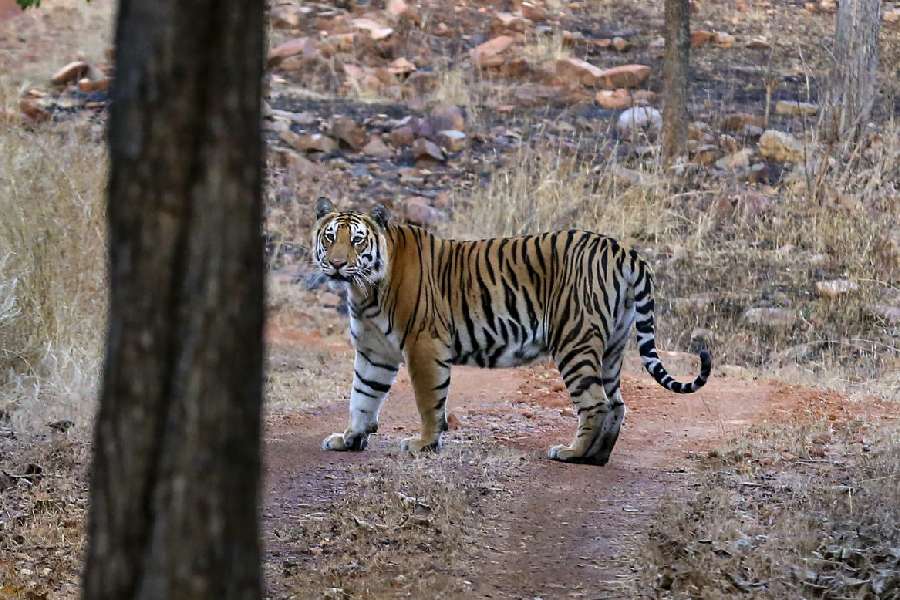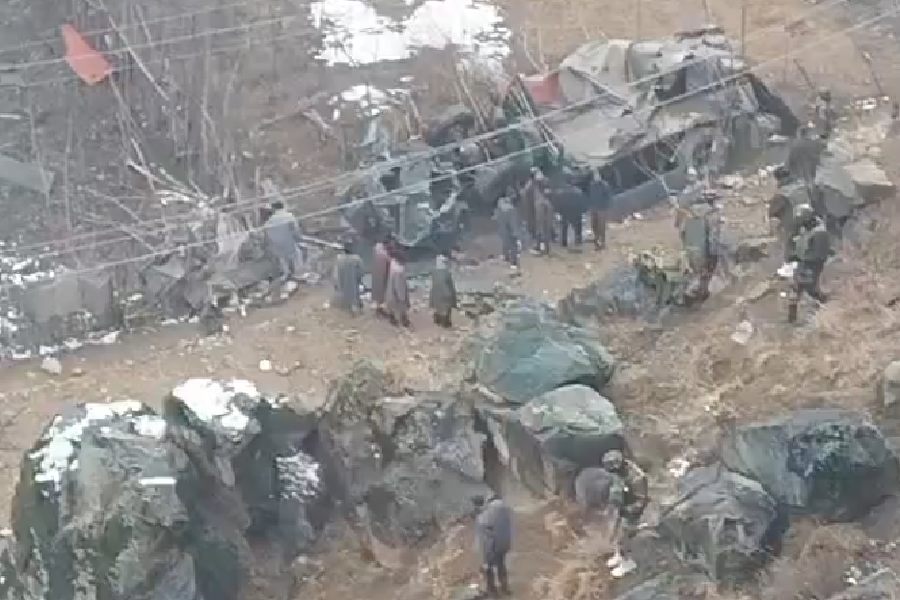For hundreds of years, what is present-day Myanmar has served as a vital trade and transit bridge between South Asia and Southeast Asia. Now, however, the country has emerged as the world’s epicentre of transnational crime, according to the Global Organized Crime Index, a theatre where human traffickers, narcotics smugglers, digital scamsters, traders of illegal arms, wildlife poachers and other criminals operate from with seeming impunity. Some of this is not new: the very geography that makes the country an important strategic ally for its bigger neighbours like China and India has for long made it attractive to crime syndicates looking to target countries to Myanmar’s east and west. But the deep political and security crisis that the country currently faces makes it even easier for its territory to be exploited by individuals and groups looking to escape the law. The country’s military rulers, who have been in power since a coup against the elected government of the Aung San Suu Kyi-led National League for Democracy, have been suffering setback after setback against armed rebel groups. These groups have slowly but steadily taken over several towns across vast swathes of the country. Some of them have joined forces with pro-democracy groups in the country, while others are strictly ethnic in nature.
The ongoing civil war has led to the kind of security vacuum that has, through history, been exploited by criminal gangs around the world — whether in Libya or Syria, Central America or Central Africa. With multiple forces vying for resources to fund their fighting, these gangs are lucrative partners because they can help bring vital revenue in the form of kickbacks and informal taxes in exchange for security guarantees. But Myanmar as a major playground for these nefarious enterprises represents a major threat to Northeast India. The risk of gangs based out of Myanmar using the border with India, porous at several spots, to hire recruits, send across contraband drugs and weapons, and fuel crime and armed warfare within Indian borders is real and growing. With India-Bangladesh relations also strained, New Delhi must sharpen its focus on developing a comprehensive security strategy for the Northeast that shields the country’s interests while at the same time allowing legitimate border trade and people-to-people exchanges. That could include a quiet engagement with Myanmar-based armed groups close to the border. India cannot allow Myanmar’s instability to spill over into its territory.










